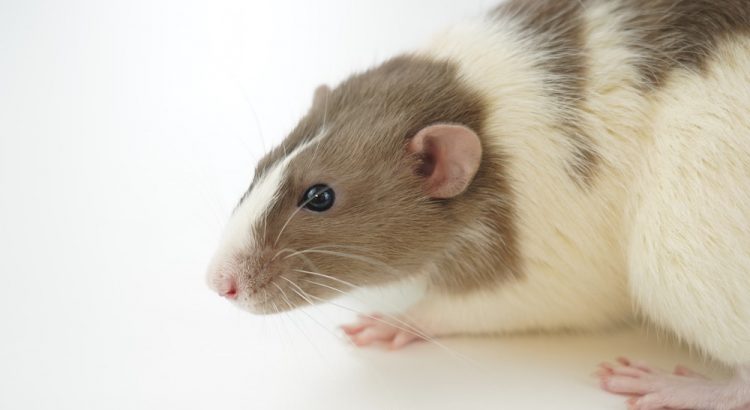Podcast: Play in new window | Download
Subscribe: Spotify | Email | TuneIn | RSS
It’s no secret that biomedical research relies heavily on animal models. Our mammalian cousins share so many common genes and pathways that we can often make breakthrough advances in human medicine through the use of animal proxies.
But animal research is neither easy nor fun. Experiments are expensive, time consuming, and it’s often dirty, smelly work. Many scientists balk at the ethical implications of making animals suffer for human health, and no matter your views, the work imposes a psychic cost.
This week we hear from a PhD student who needs to choose a lab, and it seem like her options include animal work, or finding another field of research entirely.
Brooke is a first-year student finishing up rotations. She needs to choose a thesis lab, and she has her heart set on studying neuroscience. The trouble is, most of the labs with openings for grad students focus on animal models, and Brooke is uncomfortable doing that research.
Besides probably committing to a longer PhD since mouse work takes a while, I also just don’t feel comfortable working with the mice yet and how dirty and archaic it seems. Everyone has been telling me you get used to it. I’ve gotten a lot better at handling them over time, and people have told me I’ve already improved so much with working with them. But, I just still prefer working in tissue culture hoods or in vitro settings.
Unfortunately for Brooke, animal models are a core part of many neuroscience programs. And while there are great labs using tissue culture, stem cells, or alternative systems like fruit flies, there are fewer opportunities at her university.
We take this week to discuss the world of animal research, the benefits and drawbacks. It is challenging work, and can take a mental toll on any scientist. But if you have an extreme aversion to working with animals either for ethical or sanitary reasons, we recommend finding another course of study.
We advise Brooke to explore other options. She may find opportunities that are neuroscience-adjacent in other departments. Through collaborations or PIs with dual-appointments, she may be able to find a project that utilizes tissue culture or simply collects samples from another laboratory that maintains an animal colony.
She can also explore other branches of biomedical research. There’s no requirement that you stay inside a single field for your entire career. A grad student studying cell biology, genetics, or pathology can easily find a postdoc in neuroscience, and at that phase, you won’t be limited by just the labs in one university.
That’s all for this week! You can tell us your ideas about animal research by leaving a comment below, or emailing us at podcast@hellophd.com.

